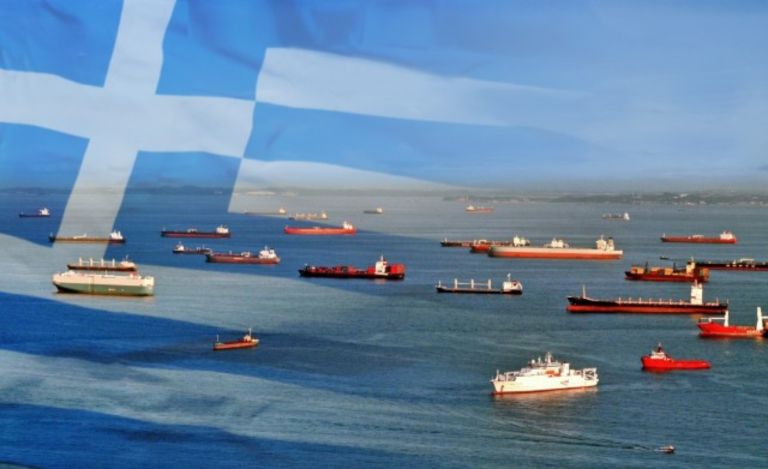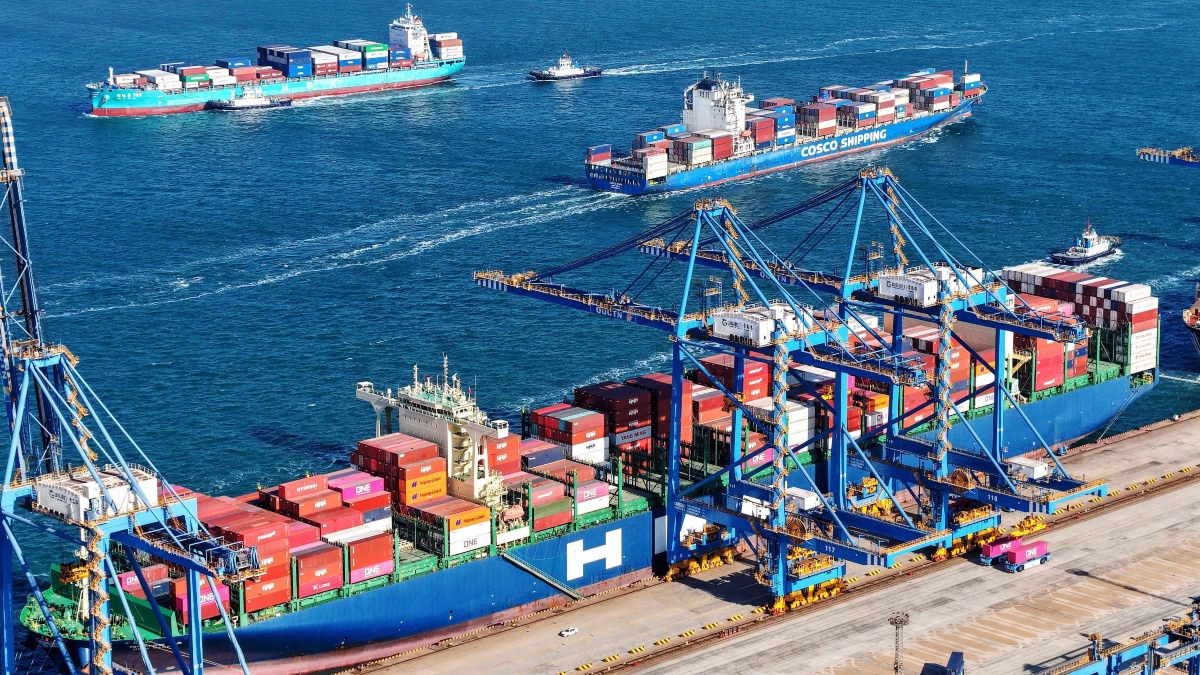Greek Shipowners Push Back Against EU Emissions Rules: “Shipping Has No Borders”

Πηγή Φωτογραφίας: pixabay//Greek Shipowners Push Back Against EU Emissions Rules: "Shipping Has No Borders"
The Union of Greek Shipowners (UGS) has issued a stark warning to the European Union, calling for the abolition of regional carbon emissions regulations in shipping once a global carbon pricing mechanism by the International Maritime Organization (IMO) is implemented.
In its latest Annual Report, the UGS highlights that dual regulatory frameworks—from both the EU and the IMO—pose a severe threat to the international competitiveness of the European maritime sector. The report specifically targets two major EU policies: the Emissions Trading System (EU ETS) and the FuelEU Maritime regulation.
“Shipping is by nature a global industry and cannot function under fragmented or regional restrictions,” the UGS states. “The EU must incorporate international decisions into its regulatory framework and avoid overlapping or conflicting regimes.”

A Decade in the Making: The Regulatory Divergence
The divergence between EU and IMO approaches has been growing for over a decade. The EU began pushing for regional climate rules for shipping in the early 2010s after the IMO was perceived as slow to act. This culminated in:
- EU MRV (Monitoring, Reporting, Verification) Regulation – enacted in 2015
- EU ETS extension to maritime – effective January 2024
- FuelEU Maritime – to be implemented from 2025
Meanwhile, the IMO has stepped up its decarbonization agenda in recent years, adopting:
- The Initial IMO GHG Strategy (2018)
- A revised IMO GHG Strategy (2023), targeting net-zero GHG emissions by or around 2050
With the IMO now preparing a global market-based measure (MBM)—a carbon pricing mechanism expected to be adopted by 2027—Greek shipowners argue that regional EU rules will soon be redundant, or even harmful.
Performance Already Exceeds Targets
According to UGS data, the shipping sector has already surpassed key IMO benchmarks:
- Carbon intensity in global shipping fell by 9.7% in 2023 vs. 2019
- This almost doubles the IMO’s targeted reduction of 5% for that period
- The 2030 IMO target of 21.5% reduction is now viewed as “realistically achievable”
Flaws in the Current Metrics: A Call to Rethink CII
Another major concern highlighted by the UGS is the Carbon Intensity Indicator (CII)—a metric used to evaluate a vessel’s environmental performance. The UGS argues the CII is flawed, as it is influenced by external factors beyond a shipowner’s control, such as port congestion or weather conditions.
“CII does not accurately reflect a ship’s true energy efficiency. The IMO must adopt more realistic performance-based criteria, such as real propulsion metrics,” the report suggests.
The IMO is currently reviewing alternatives to CII as part of its mid-term GHG measures.
The Competitiveness Argument: Europe Risks Isolation
Greek shipowners warn that Europe’s aggressive environmental agenda—though well-intentioned—may undermine the continent’s economic and energy competitiveness.
- Higher compliance costs for EU-flagged or EU-trading vessels
- Carbon leakage risk, as operators reroute through non-EU ports
- Disadvantage vs. non-EU competitors, many of whom operate under lenient regulations or delayed climate timelines
“Imposing extra burdens on European shipping, while other regions lag or ignore emissions targets, only exacerbates the problem. It’s a lose-lose for EU trade and climate diplomacy.”
Greece’s Global Role: A Voice That Matters
As the world’s leading shipowning nation, Greece controls approximately:
- 21% of the global merchant fleet (in deadweight tonnage)
- Over 59% of the EU-controlled fleet
- With a total of 5,500 vessels, Greek shipping is a cornerstone of global supply chains
This gives the UGS a powerful voice in international maritime policy debates. Greek shipowners are urging the EU to align with the global community, supporting harmonized, pragmatic, and technologically neutral solutions.
Looking Ahead: A Balancing Act for the EU
With the IMO moving closer to a global carbon pricing scheme and greener fuels becoming commercially viable, the EU faces a strategic crossroads. Will it insist on its regional rules—or will it pivot toward international coherence?
The UGS leaves no room for ambiguity:
“We support decarbonization. But climate leadership must not come at the cost of industrial suicide. The EU must think globally—because shipping already does.”
Διαβάστε όλες τις τελευταίες Ειδήσεις από την Ελλάδα και τον Κόσμο






Το σχόλιο σας